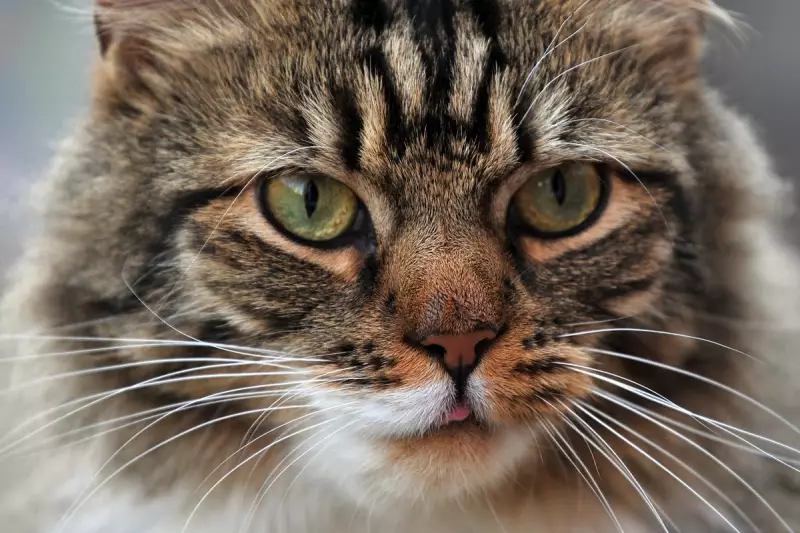
Health authorities in Colorado have confirmed a rare and tragic case of the plague, linked to a domestic cat, which resulted in the death of a person. The incident has raised concerns about the transmission of this ancient disease in modern times.
What Happened?
The Pueblo Department of Public Health and Environment reported that the infected cat likely passed the plague to its owner. While the exact circumstances remain under investigation, officials suspect the feline contracted the disease from wild rodents before transmitting it to the human.
Understanding the Plague
The plague, infamous for causing the Black Death in medieval Europe, is caused by the bacterium Yersinia pestis. Though rare today, cases still occur, particularly in rural areas where humans and animals interact with wild rodent populations.
Symptoms to Watch For
- Sudden high fever
- Chills and weakness
- Painful, swollen lymph nodes (buboes)
- Coughing or difficulty breathing (in pneumonic cases)
Current Risk Assessment
While the plague remains uncommon, health officials emphasize that early treatment with antibiotics is crucial. The disease can be fatal if left untreated, but modern medicine makes it highly treatable when caught in time.
Prevention Tips
- Avoid contact with wild rodents
- Use flea control for pets
- Keep pets from roaming in plague-endemic areas
- Seek medical attention for unexplained fevers after potential exposure
This tragic case serves as a reminder that while we think of the plague as a disease of the past, it still exists in nature and can pose risks to both animals and humans.





